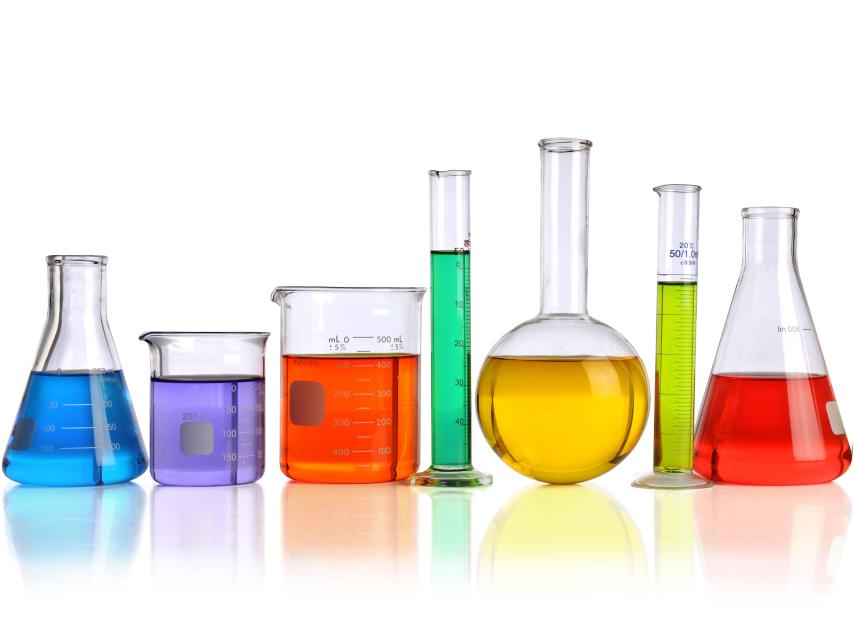GB T 5750 Determination of Inorganic Ions in Drinking Water
The GB/T 5750 standard is one of China's most critical guidelines for ensuring drinking water quality. This method specifically addresses the determination of inorganic ions, which are essential indicators of water purity and safety. The primary purpose of this test is to ensure that drinking water meets stringent health standards, thereby protecting public health.
The GB/T 5750 standard encompasses a wide range of elements including aluminum (Al), arsenic (As), barium (Ba), cadmium (Cd), chromium (Cr), copper (Cu), iron (Fe), lead (Pb), manganese (Mn), nitrate nitrogen (NO₃⁻N), nitrite nitrogen (NO₂⁻N), mercury (Hg), selenium (Se), silver (Ag), strontium (Sr), and zinc (Zn). These elements are commonly found in drinking water sources, and their presence can have significant implications for human health.
The testing process involves several stages. Initially, the water sample is prepared according to specific guidelines outlined in the standard. This includes filtering the sample using appropriate filtration techniques to remove any particulate matter that might interfere with the analysis. Next, the filtered samples are analyzed using various instrumental methods such as atomic absorption spectroscopy (AAS), inductively coupled plasma mass spectrometry (ICP-MS), and ion chromatography.
The results from these analyses are then compared against the reference values provided by GB/T 5750. Any deviations from acceptable levels indicate potential health risks, necessitating further investigation or intervention to ensure water safety. This method is particularly crucial in regions where natural contamination or industrial pollution might affect drinking water quality.
The importance of this testing cannot be overstated. Inorganic ions play a vital role in the chemical composition of water and can significantly impact its taste, odor, color, and overall quality. Proper identification and control of these ions are essential for maintaining public health standards. By adhering to GB/T 5750, laboratories ensure that drinking water meets the highest safety requirements.
The process is not only about identifying the presence of harmful substances but also about ensuring that beneficial elements like calcium (Ca) and magnesium (Mg), which are important for bone health, are present in sufficient quantities. This balance is critical to maintaining optimal water quality.
To achieve accurate results, laboratories must use high-quality reagents and calibrated instruments. Regular calibration of equipment and adherence to strict procedural guidelines ensure reliable outcomes. The expertise and precision required make this testing process a cornerstone of water quality management.
Understanding the implications of inorganic ions is crucial for various stakeholders including public health officials, environmental scientists, and industry professionals. This knowledge helps in making informed decisions about water treatment processes, regulatory compliance, and public health initiatives. Proper identification and control of these elements are key to ensuring that drinking water remains safe and suitable for consumption.
The method described by GB/T 5750 is widely accepted within China, reflecting its importance in the country's efforts towards improving water quality standards. This standard plays a pivotal role not only in domestic contexts but also internationally as part of broader initiatives aimed at enhancing global health through safe drinking water practices.
Eurolab Advantages
At Eurolab, our commitment to excellence sets us apart from other laboratories. With state-of-the-art facilities and a team of highly skilled professionals, we provide reliable and accurate results for GB/T 5750 testing. Our advanced instrumentation ensures precise measurements, while our experienced analysts guarantee consistent quality.
We offer rapid turnaround times, ensuring that clients receive their reports promptly. This timely service is crucial for those involved in regulatory compliance or R&D activities where prompt access to test data can significantly impact decision-making processes.
In addition to the technical expertise and modern equipment at our disposal, Eurolab prioritizes customer satisfaction. Our dedicated support staff are available round-the-clock to assist with any inquiries or concerns you may have regarding your tests. Whether it's sample preparation advice or interpretation of results, we're here to help every step of the way.
Our comprehensive quality assurance protocols ensure that all our services meet the highest standards of accuracy and reliability. By choosing Eurolab for your GB/T 5750 testing needs, you can rest assured knowing that you are receiving world-class service backed by years of experience in the industry.
International Acceptance and Recognition
The GB/T 5750 standard is not only recognized within China but also holds significant international importance. This method has been adopted as a benchmark for assessing drinking water quality, reflecting its global significance.
Many countries around the world have incorporated similar standards into their national regulations to ensure consistent and high-quality water safety measures. For instance, several nations have adapted or referenced GB/T 5750 when developing their own local guidelines for inorganic ion determination.
The widespread adoption of this standard underscores its relevance beyond China’s borders. It serves as an essential tool for international collaborations aimed at improving global health through better water management practices. By aligning with internationally recognized standards like GB/T 5750, laboratories contribute to fostering a safer and healthier environment worldwide.
Environmental and Sustainability Contributions
Ensuring clean drinking water is fundamental in promoting environmental sustainability. Through rigorous testing according to GB/T 5750, we help prevent contamination of water sources which could otherwise lead to broader ecological issues.
The accurate identification and removal of harmful inorganic ions contribute directly to reducing pollution levels in natural watersheds, rivers, lakes, and oceans. This proactive approach supports the preservation of aquatic ecosystems.
By maintaining strict adherence to these standards, we support sustainable development goals by ensuring safe drinking water for all populations. Cleaner water sources also reduce pressure on treatment facilities, promoting more efficient use of resources.





